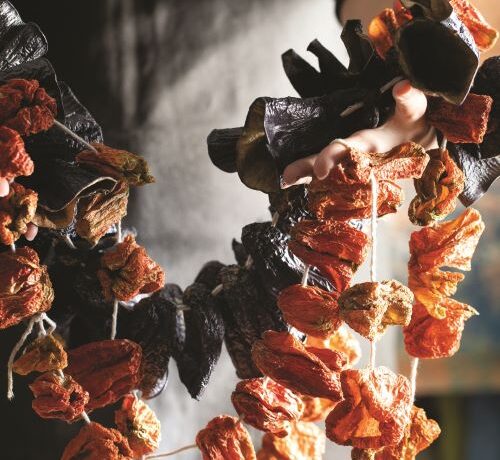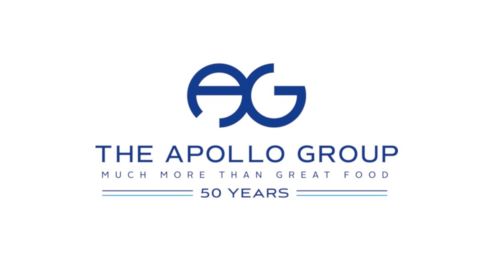Veolia-supported adventurists conquer 13,000 km Morocco-Dubai ride

In a unique feat, two friends from Morocco, Yousef El Haouass (55) and Salim Rhandi (47), completed their once-in-a-lifetime road trip to Dubai on 29th November. They covered about 13,000 km on a solar-powered quadricycle, beginning their journey from Laayoune, Morocco, in August this year.
Supported by Veolia in Morocco, a benchmark company for ecological transformation offering game-changing solutions in water, waste, and energy management, and led by the Wamda Association for Innovation and Creativity, the main goal of the voyage was to raise awareness at every stop about the importance of harnessing renewable energy for climate action – a focal point for COP28, hosted by Dubai from 30th November to 12th December.
Upon their arrival in the UAE after a 106-day journey, the duo was welcomed by the Veolia UAE team at the Biogas-to-Energy Plant at the Warsan Sewage Treatment Plant (STP) in Dubai, the first-of-its-kind project in the city using biogas to generate green energy. The main aim of hosting them at the Plant was to further raise awareness about the significance of clean energy. Developed by Veolia Near & Middle East in alignment with the UAE Energy Strategy 2050 and Dubai’s Integrated Energy Strategy 2030, the plant has the potential to produce 45,000 megawatt-hours (MWh) of electricity annually through the conversion of biogas recovered from the digestion of sludge – a byproduct of wastewater treatment.
Welcoming them to Dubai, Philippe Bourdeaux, Vice-President Africa Near and Middle East zone of Veolia, said: “We are thrilled to welcome Yousef El Haouass and Salim Rhandi to Dubai and have been eagerly waiting for this moment. I’m delighted that they have safely completed their incredible journey on a solar-powered bike, crossing many countries and carrying with them a crucial message for the world. Aligned very well with Veolia’s efforts towards energy transition and decarbonization, this unique expedition underscores the significance of conserving our resources and harnessing the potential of renewable resources that nature has bestowed upon us. Besides promoting eco-friendly practices and well-being, they have tirelessly championed a sense of unity that transcends borders.”
Speaking about the journey, Yousef El Haouass said: “Given the strong ties that bind Morocco and the UAE, I conceived this challenge of linking the city of Laayoune to Dubai, passing through the cities where previous COPs were held, covering some 11 countries, using only solar and muscle power. Solar energy preserves the environment, and human energy allows us to practice the sport that helps us maintain a healthy heart, a healthy mind, and a healthy body in a healthy environment. I thank Veolia for supporting us at every step and turning this dream project into reality, especially Veolia subsidiaries Amendis and Redal for their total support and trust in this project. I also thank everyone who has reached out to us, opened their doors, and welcomed us under their roof.”
Salim Rhandi added: “The quadricycle represents a new imagination and reflection on our methods of transport—a solution that preserves the environment and, at the same time, eliminates any excuse for not exercising and enjoying our travel time, whether it be for work or shopping. It serves as a halfway house between a car and a bike. Such a feat would never have been possible on a conventional bicycle without the support of solar energy, which provides almost 90% of the energy needed to move the quadricycle. Thank you so much for following our journey daily and for your comments, messages, and emails. Thanks to the people who have crossed my path and given me love. I don’t always realize that real people actually look at what I post, so thank you.”
Dubbed the ‘Ibn Battuta Solar Bike’ and designed and developed by Yousef El Haouass, president of the WAMDA association, the quadricycle draws inspiration from Ibn Battuta, a Maghrebi traveler, explorer and scholar, adding a meaningful touch to this remarkable adventure while raising awareness about pressing issues such as climate change. It represents the second version of the bike; the first was a tricycle developed by Yousef El Haouass that enabled him to achieve a world first: traveling from Tangiers to Canton, passing through France, Switzerland, Italy, Slovenia, Croatia, Serbia, Bulgaria, Turkey, Georgia, Azerbaijan, Kazakhstan, and China. He designed the latest version specifically to meet the challenges of the Morocco-Dubai road while carrying a message for COP28.
Last Updated on 12 months by News Desk 1













